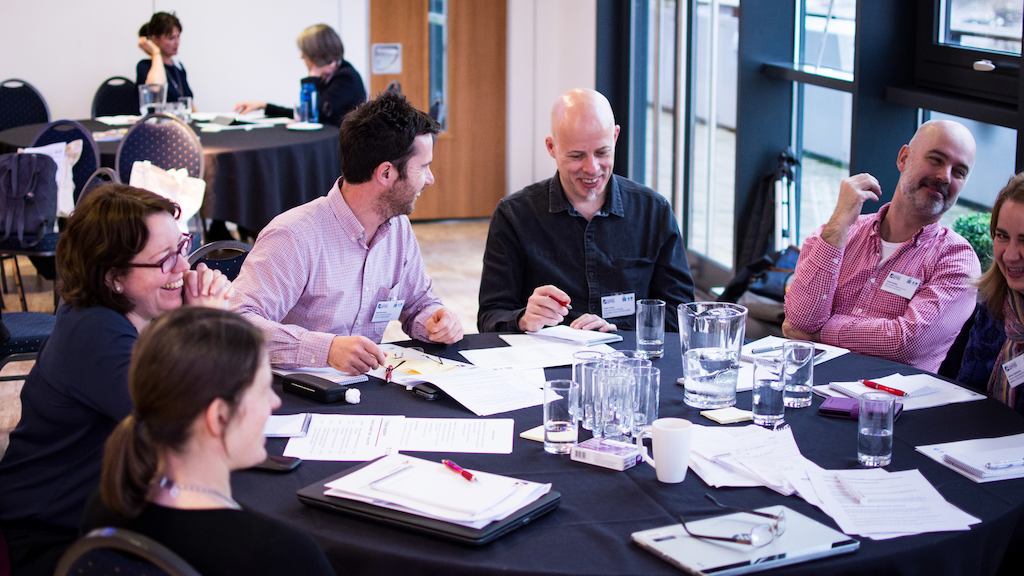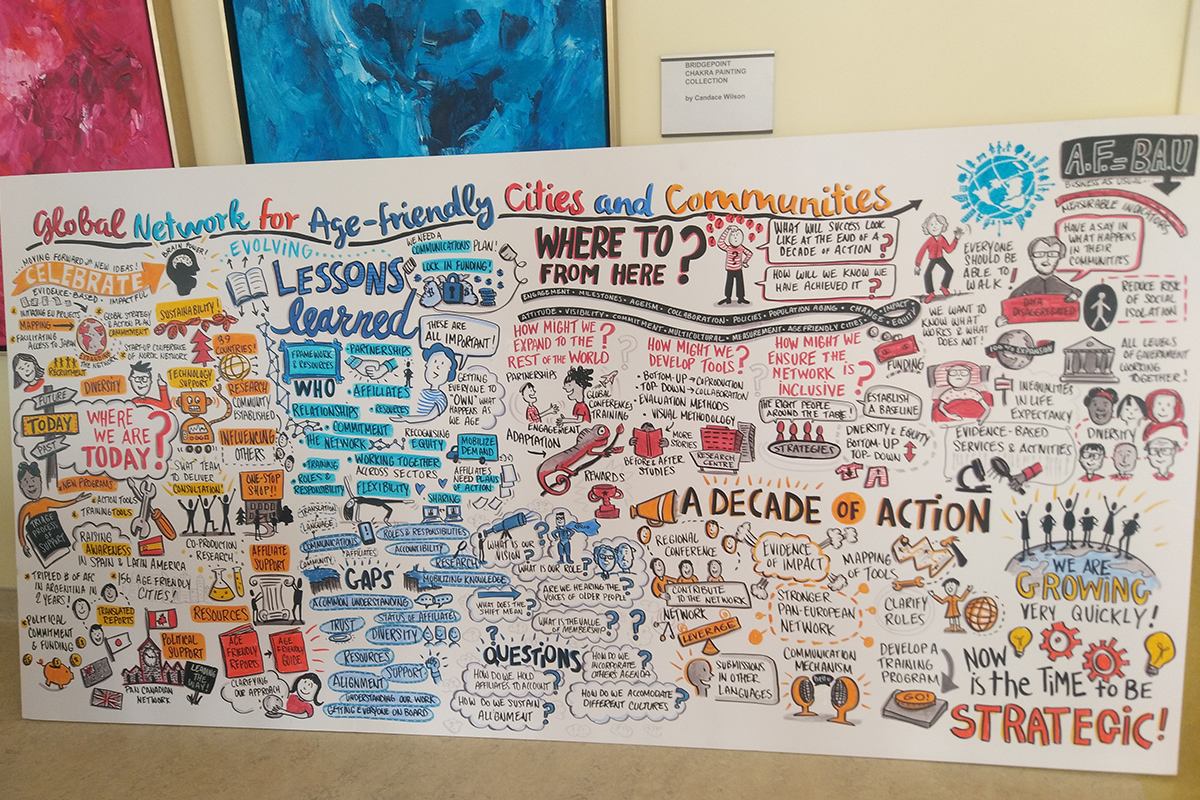The Global Network of Age-Friendly Cities and Communities, established by the World Health Organization (WHO), recently turned 10 years old.
As the Manager of the UK Network of Age-friendly Communities, which is affiliated to the Global network, I was pleased that I got to attend the 14th annual Global Conference on Ageing in Toronto, Canada, hosted by the International Federation on Ageing.
Membership of the network means a commitment to better, joined-up working with the aim of improving things for people in later life. Fundamentally, it's about sharing greater insights, experience and perspectives on what really matters to people as they age.
Age-friendly communities have never been more important. In fostering healthy and active ageing, they make it possible for people to continue to stay in their homes, participate in the activities that they value, and contribute to their communities.
Following the conference, we joined the first ever in-person meeting of all 13 affiliate members (countries), thanks to funding support from Public Health Agency of Canada. Canada has been central to this journey from the beginning, as it was the Government of British Columbia who hosted the project partners responsible for collating the initial research to establish the 2007 Age-friendly Cities Guide. In recognition, the research approach was named the ‘Vancouver Protocol’.
I was struck by just how much the network has grown. Spanning a huge number of cultures and societies, it now covers 43 countries and a host of places, each sharing and learning new ways of working. Affiliate members are translating age-friendly resources into Japanese, French and Spanish, and the newest affiliates are Argentina and New Zealand. Getting to know those who are essentially filling the same role as me, especially those who have been doing it for some time, was hugely useful. We came out of the meeting with a strengthened understanding of how we can share our learning and resources across training, evidencing impact and managing ever-growing networks!


